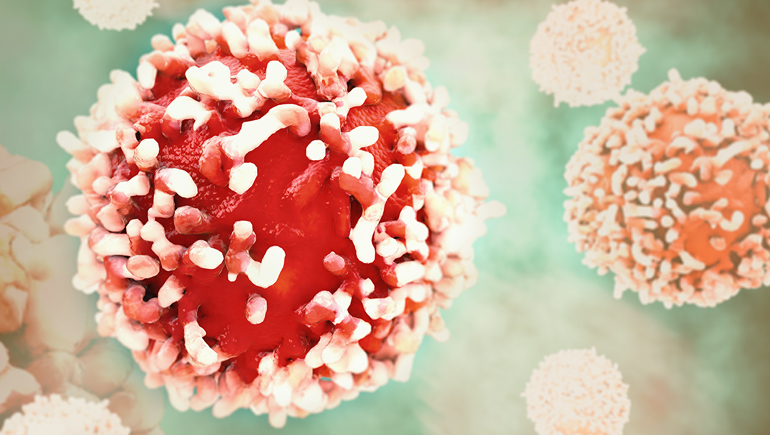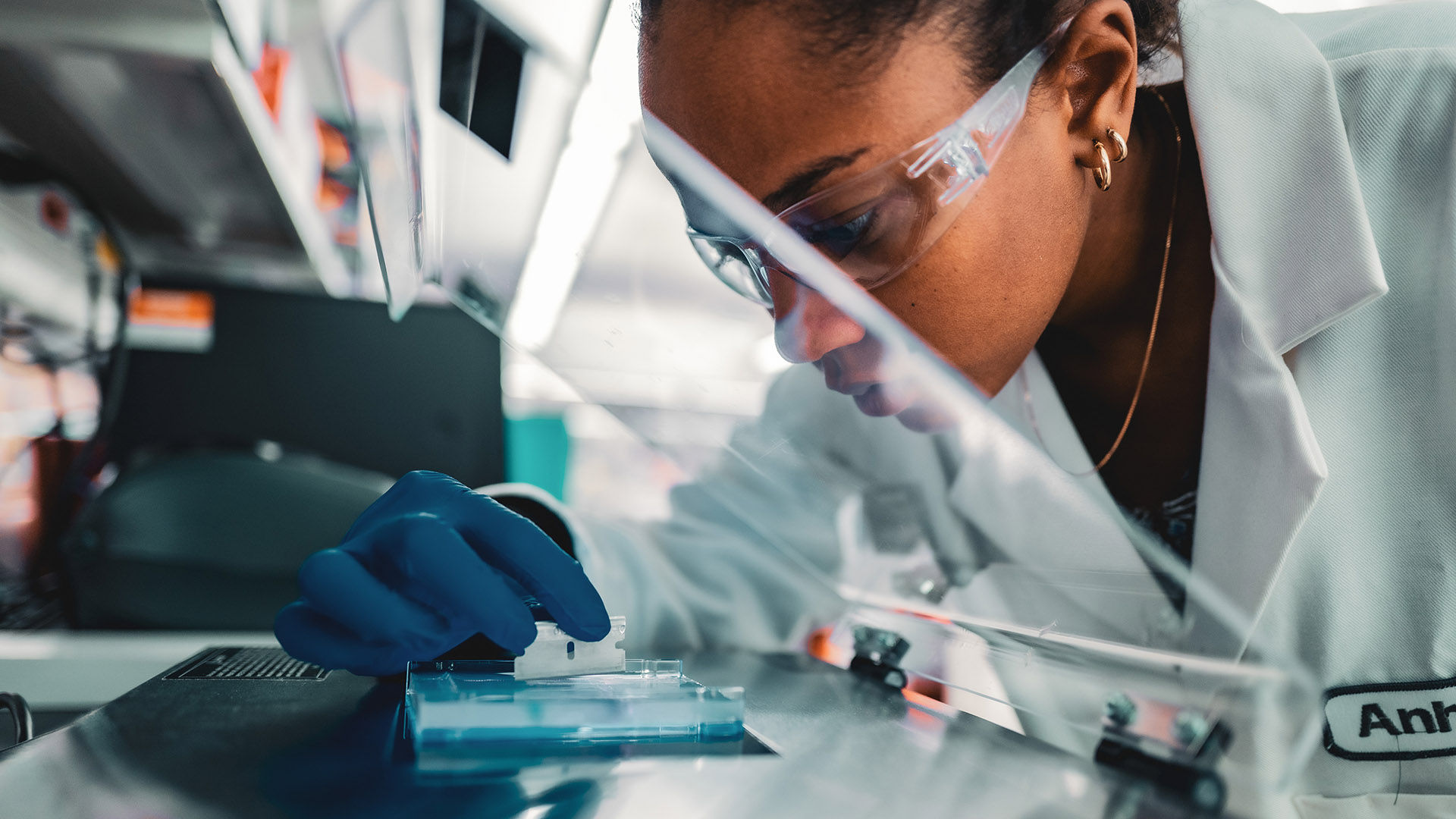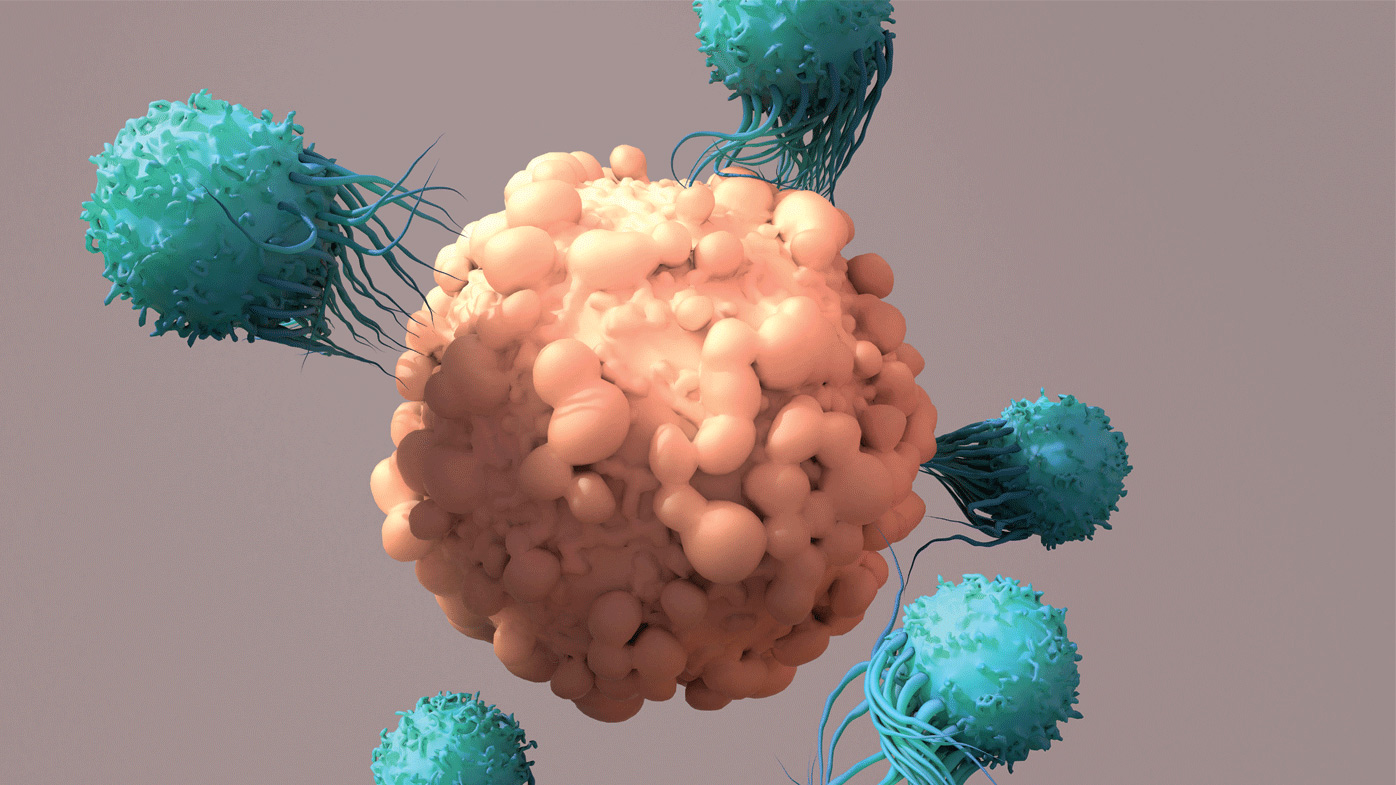
The immune system is capable of detecting and eliminating tumor cells, but this ability can be compromised and enable tumor growth under certain conditions. By modulating immune pathways, we can begin to restore the immune system's ability to detect and destroy cancer cells. However, the biology of every cancer is unique, creating the need for more personalized approaches. The number of potential targets within the tumor microenvironment and the way they interact creates an immense landscape of research opportunities, and our research team is fervently exploring this vast number of potential combinations that may initiate an immune response.
“We initiated research into the interaction of immune pathways at a time when I don’t think there was much recognition of the value of this type of research approach within the industry," said Nils Lonberg, Ph.D., senior vice president of Oncology Biology Discovery. "Since then, we've made significant progress expanding research to additional immune pathways, and we are continuing to pursue the study of rational combination options."
Given that activated effector cells (natural killer and T cells) are the primary weapons of immune response and central to anti-tumor immunity, we are directly examining ways that immune effector cells can be compromised via normal immune mechanisms. Through this research, we hope to determine the most promising combination of approaches for patients' unique cancers. Additionally, we’re working to identify biomarkers that may offer predictive insight into the biology of the tumor and help inform the selection of complementary combinations.
Exploring Transformational Immuno-Oncology Combinations
As we research these targets and corresponding biomarkers in clinical trials, encouraging immuno-oncology (I-O) combinations will move forward, ensuring we can focus our research efforts on those we believe have the potential to become foundational.
“We are urgently but methodically evaluating approaches in multiple categories of immune mechanisms to find potentially effective I-O pathway combinations to study," said Alan Korman, Ph.D., vice president of I-O Discovery. "I think we have exactly the support, the tools and the know-how to figure out which of those pathways are transformational.”




